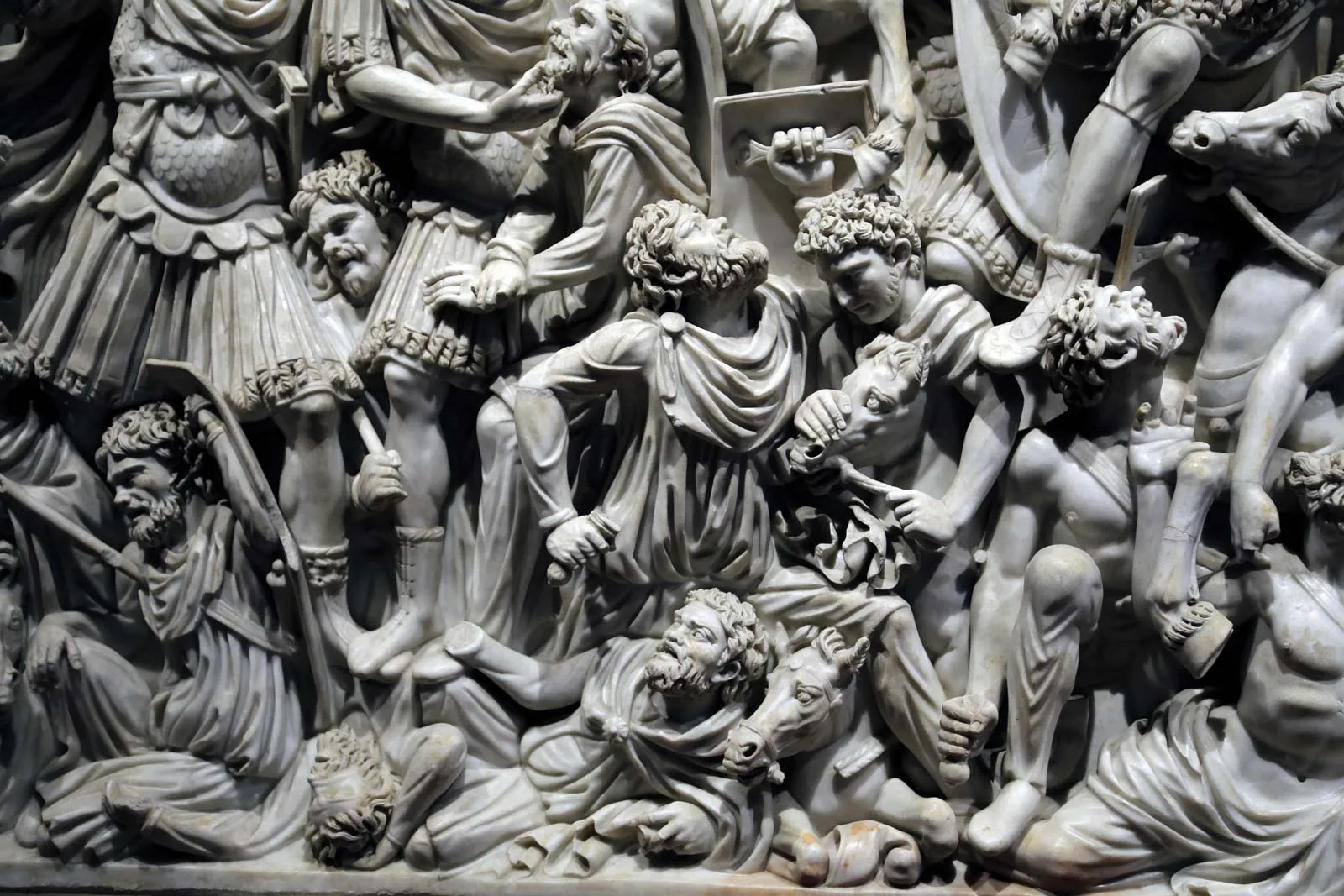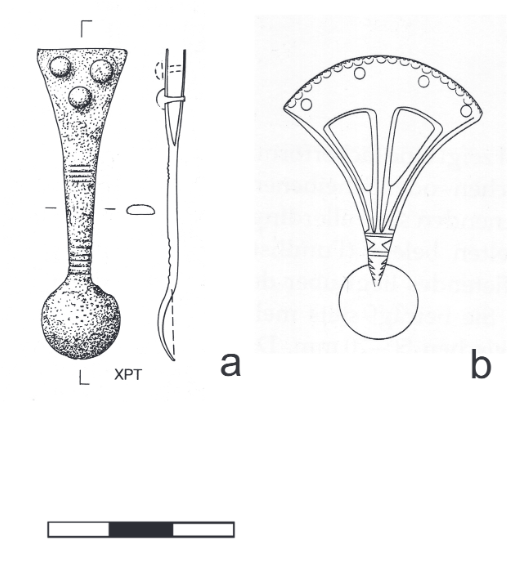
A groundbreaking study suggests that barbarian warriors of Roman-era northern Europe may have used stimulants to enhance their battle performance.
Small, spoon-shaped objects found attached to warriors' belts in archaeological sites across modern Scandinavia, Germany, and Poland could have been used to dispense stimulants before a battle. These objects, ranging from 40 to 70 mm in length, with concave bowls or flat disks measuring 10 to 20mm across, have long puzzled archaeologists.
Now, a study led by archaeologist Professor Andrzej Kokowski, in collaboration with biologists from Maria Curie-Sklodowska University in Lublin, Poland, suggests they were tools for precise dosing of stimulants.

The items were consistently discovered alongside weapons and other warfare-related artifacts, indicating their close association with combat preparations.
While the use of narcotics like opium in ancient Greece and Rome is well-documented, there has been little evidence to suggest widespread drug use among Germanic tribes outside the Roman Empire. Previously, historians assumed these communities relied solely on alcohol. However, Kokowski’s team identified 241 such objects from 116 sites dating back to the Roman period, suggesting otherwise.
The researchers explored which substances might have been accessible to Germanic peoples, both locally and through trade. Likely candidates include poppy, hops, hemp, henbane, belladonna, and various fungi. These substances could be consumed in liquid form, mixed with alcohol, or as powders, with the spoon-shaped tools ensuring accurate dosages.
The findings suggest that stimulants likely played a vital role during military conflicts, helping warriors manage stress and fear while enhancing physical exertion. The organized production and distribution of these substances imply advanced knowledge and logistical networks.
Beyond warfare, the study hints that Germanic tribes may have used these natural stimulants for medicinal and ritual purposes. According to the researchers, the understanding of their effects reflects a sophisticated awareness of natural pharmacology.
This research provides fresh insights into the lives of barbarian peoples during the Roman period, offering a nuanced perspective on their use of natural resources.
It challenges the long-held notion that Germanic tribes had limited access to and knowledge of stimulants.